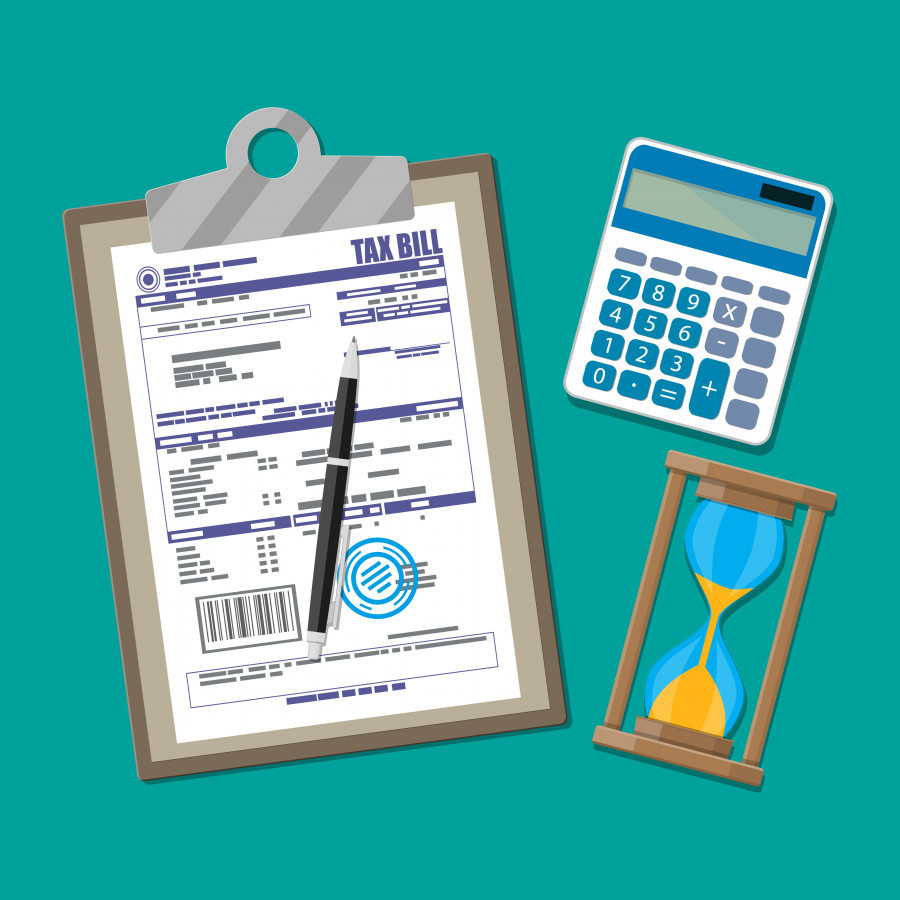National
Meeting revenue target a tough ask amid import reduction plan
The government collects more than half of the total revenue from imports. The country’s forex reserves, however, have been dwindling fast due to import surge.
Prithvi Man Shrestha
The federal government has adopted the policy of reducing imports by 20 percent in the next fiscal year in stark contrast to its aim of boosting revenue by nearly 22 percent from the projected collection in the current fiscal year.
This has raised questions about how the government would meet the revenue target when imports generate more than 50 percent of the country’s total revenue.
Officials at the Department of Customs and Inland Revenue Department say it would be challenging to meet the revenue target if the import control measures continue but they expect tax hikes on certain goods and services would help in collecting more revenue. This will subsequently lead to further rise in prices, hurting the general public already bitten by high inflation.
The federal government aims to collect Rs1.24 trillion in revenue in the fiscal year 2022-23, up 21.75 percent compared to the projected revenue collection of Rs1.01 trillion this fiscal.
In the current fiscal year, the projected revenue collection of the federal government is 17.69 percent higher than the actual revenue collection in the fiscal year 2020-21.
Even as the government plans to reduce imports in the next fiscal year, it has not decided whether to take the ban further on the import of 10 types of goods, most of which generate high revenues.
In late April, the government imposed a complete ban on the import of all kinds of readymade liquor, readymade cigarettes and tobacco products, snacks like Lay’s potato chips and Kurkure, diamond, expensive mobile and television sets, automobiles, toys and playing cards till the end of the current fiscal year in mid-July.
“If the ban continues, it will be very challenging for us to meet the revenue target next fiscal year,” said Ram Prasad Regmi, director at the Department of Customs.
The government has the policy of discouraging the imports of foreign furniture, peas, black pepper and betel nuts, dry fruits, automobiles, high-end television and alcoholic products even in the next fiscal year, according to the financial bill for next fiscal.
The customs department said it has been given a target of increasing its revenue by 26 percent to Rs668.76 billion for the next fiscal year.
“Whether the revenue is collected as per the target will depend on imports. If the ban continues, there will be pressure on revenue,” another senior official at the customs department said.
However, officials say that they expect international trade to normalise when the next fiscal year begins which would help them collect revenue as per the target.
“The government has hiked excise duty on certain goods, including vehicles, and customs duty has also been hiked on other products. This will help generate more revenue,” said Regmi.
As of the first 10 months of the current fiscal year, the country imported goods worth Rs1.6 trillion. This meant Rs405.6 billion in terms of customs revenue, according to the customs department, which levies customs duty, value added tax and excise duty on the imported goods.
.png)
Experts also say that it would be challenging to meet the revenue target because the government has declared a policy of decreasing imports while it may be forced to continue import control measures with foreign exchange reserves continuing to decline despite months of import restrictions.
Gross foreign exchange reserves shrank by 21.1 percent to $9.28 billion in mid-May 2022 from $11.75 billion in mid-July 2021, according to Nepal Rastra Bank.
But the government has also made many costly promises including deciding to hike the salary of government staff and increasing the cost of social security.
“As our revenue still heavily relies on imports, it will be very difficult for the government to meet the target by cutting imports,” Push Raj Kadel, former vice-chairperson of National Planning Commission, told the Post in a recent interview. “I think the government will be flexible on allowing more imports sooner or later to collect revenue to finance its populist programmes.”
With the government aiming to control imports, it is pinning hopes on boosting revenue through internal taxation. The government aims to gather around Rs600 billion through inland revenue offices in the next fiscal year.
For the current fiscal year, a target of Rs537 billion was given to the Inland Revenue Department.
A senior official at the department expressed hope that they could meet the revenue target for next fiscal year because of increased tax rates on certain goods and introduction of a new tax.
“The government has widened the tax bracket and excise duty and capital gains taxes have been increased in some goods and services. Tax on cooperatives has been increased and the government has also introduced vehicle services tax for the next fiscal year,” said Ritesh Shakya, director general at the Inland Revenue Department.
The financial bill has hiked excise duty on tobacco and alcoholic products. The government will also impose two percent vehicle service tax.
“These measures are expected to help boost the revenue in the next fiscal year,” said Shakya.




 13.12°C Kathmandu
13.12°C Kathmandu














